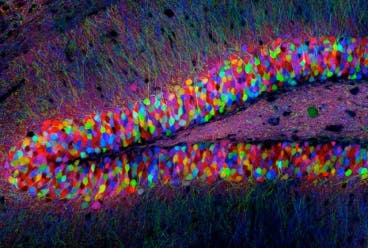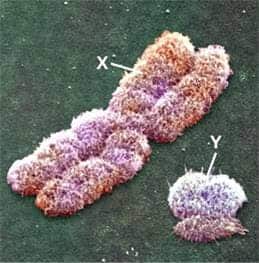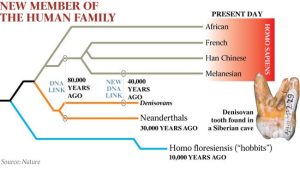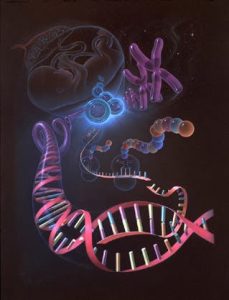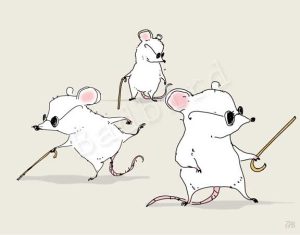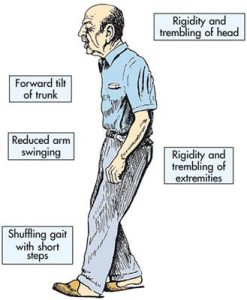Genetics
When the brain deems an experience meaningful enough, it will transfer that information from short-term storage, where typically information like where you put your car keys or the phone number of a person you just met gets stored temporarily, to your long-term memory, offering the possibility to be accessed at a later time. Neurologists claim […]
There are a number of factors that lead to obesity, the most obvious of which is of course eating too much, without burning the excess fat by exercising. Fact is, there are some people in the world who no matter how much they’d eat, they never seem to be satisfied, constantly consumed by a sense […]
A remarkable research whose findings recently published in the journal Cell, concludes that intense physical exercise leads to chemical alteration of the DNA, turning certain genes on and off. In fact, individuals which lead a relatively sedentary lifestyle changed the DNA in their muscle fibers almost immediately, after a strenuous 35 minute work-out. It’s important […]
First of all, I hope you’re having a great Summer so far, and I apologize for my leap of absence – I’ve been missing you guys. If you want to know the history of your ancestors, you don’t have to look any further than your own body. As it turns out, your own genome carries […]
If we’re to guide ourselves after Aubrey de Grey‘s telling, according to his predictions the first person who will live to see their 150th birthday has already been born, and as science advances along the decades at the current pace it does, he claims people born soon after the latter mentioned birthday will live to […]
In a recently patented research, UCLA geneticists have shown and demonstrated how they’ve accurately been able to predict a person’s age just by analyzing a saliva sample. The research could possibly find highly welcomed applications in crime scene investigation, as a forensics tool for pinpointing a suspect’s age. “Our approach supplies one answer to the […]
Pictured above is a cardinal, and if you don’t see anything special about it yet, you should check out its plumage. Alright, maybe not all of us are ornithologists, so I’ll just set the facts straight. If you look closely, you’ll see that the bird has bright red plumage of a male on its left […]
Researchers have managed to restore light perception to mice through gene therapy, by inserting algae genes into the retina. The treatment has succeeded in restoring the ability to sense light and dark to blind mice, and clinical trials in humans could begin in as little as two years. “The idea is to develop a treatment […]
While gene-therapy is still regarded as a very innovative practice, it seems like the procedure might take traction as of today when remarkable results were concluded after the first successful double-blind gene therapy for Parkinson disease. In the case of this dreadful disease, medical researchers injected patients with a a gene that codes for glutamic […]
Must Read
Latest Posts
Keep updated
Get the latest creative news from FooBar about art, design and business.





